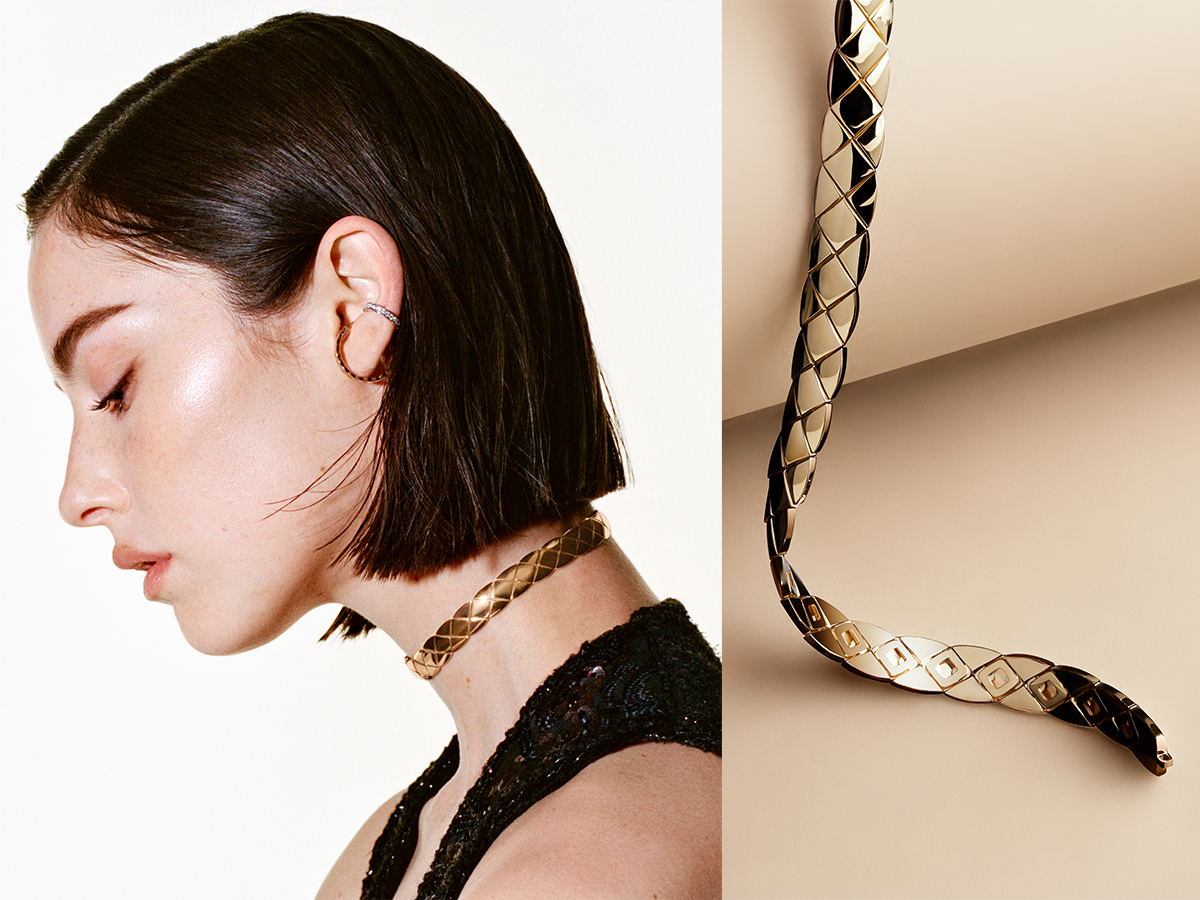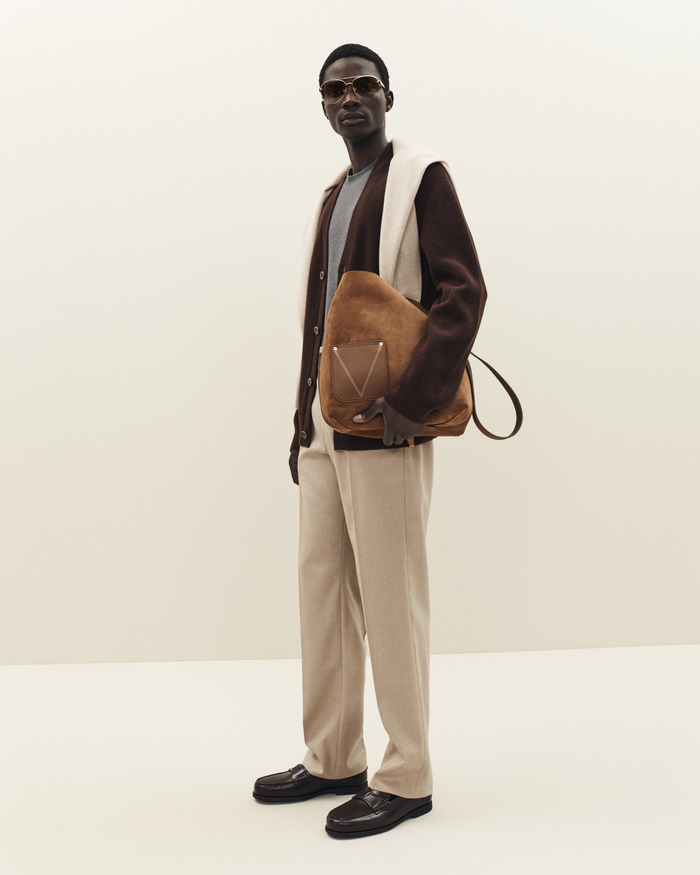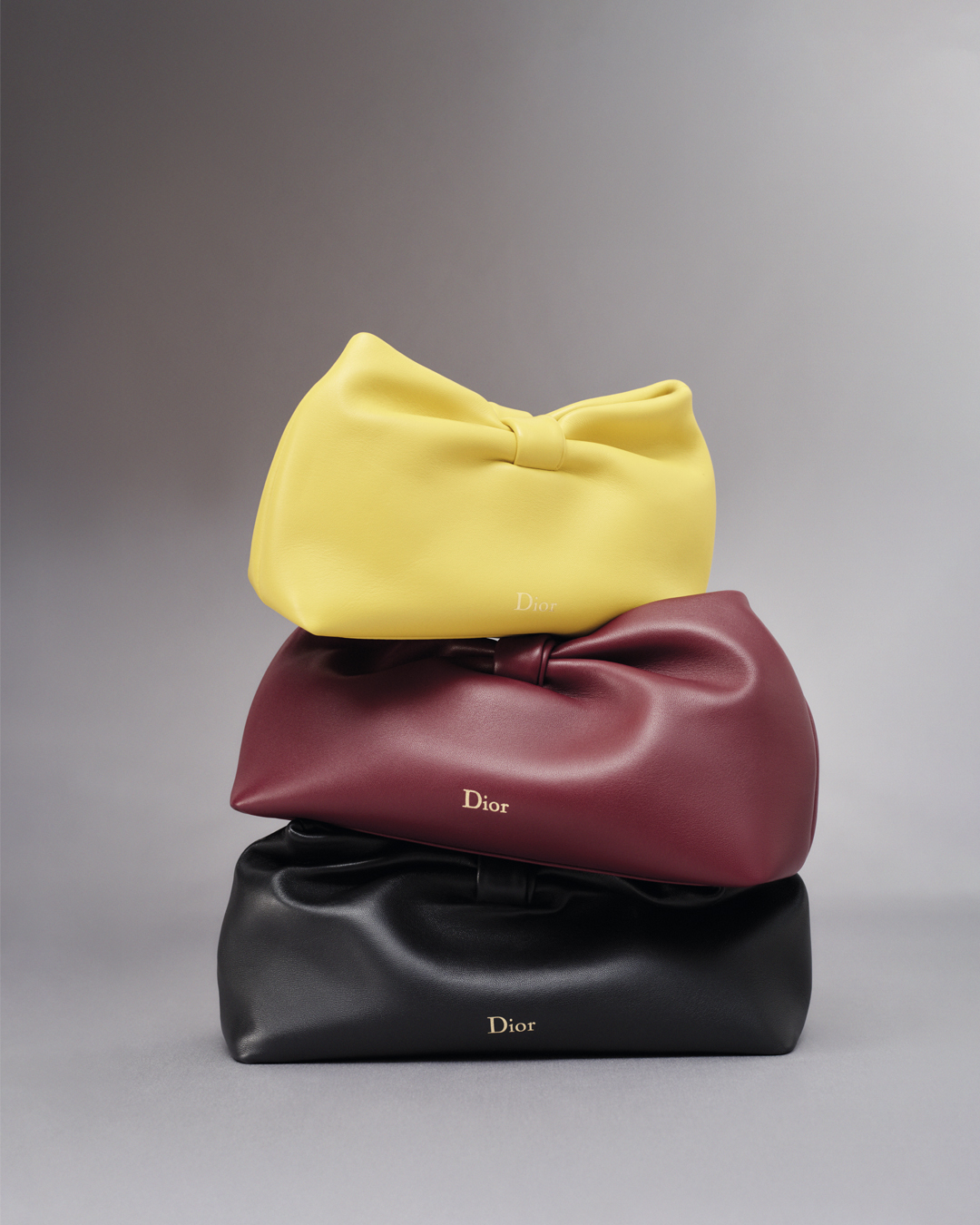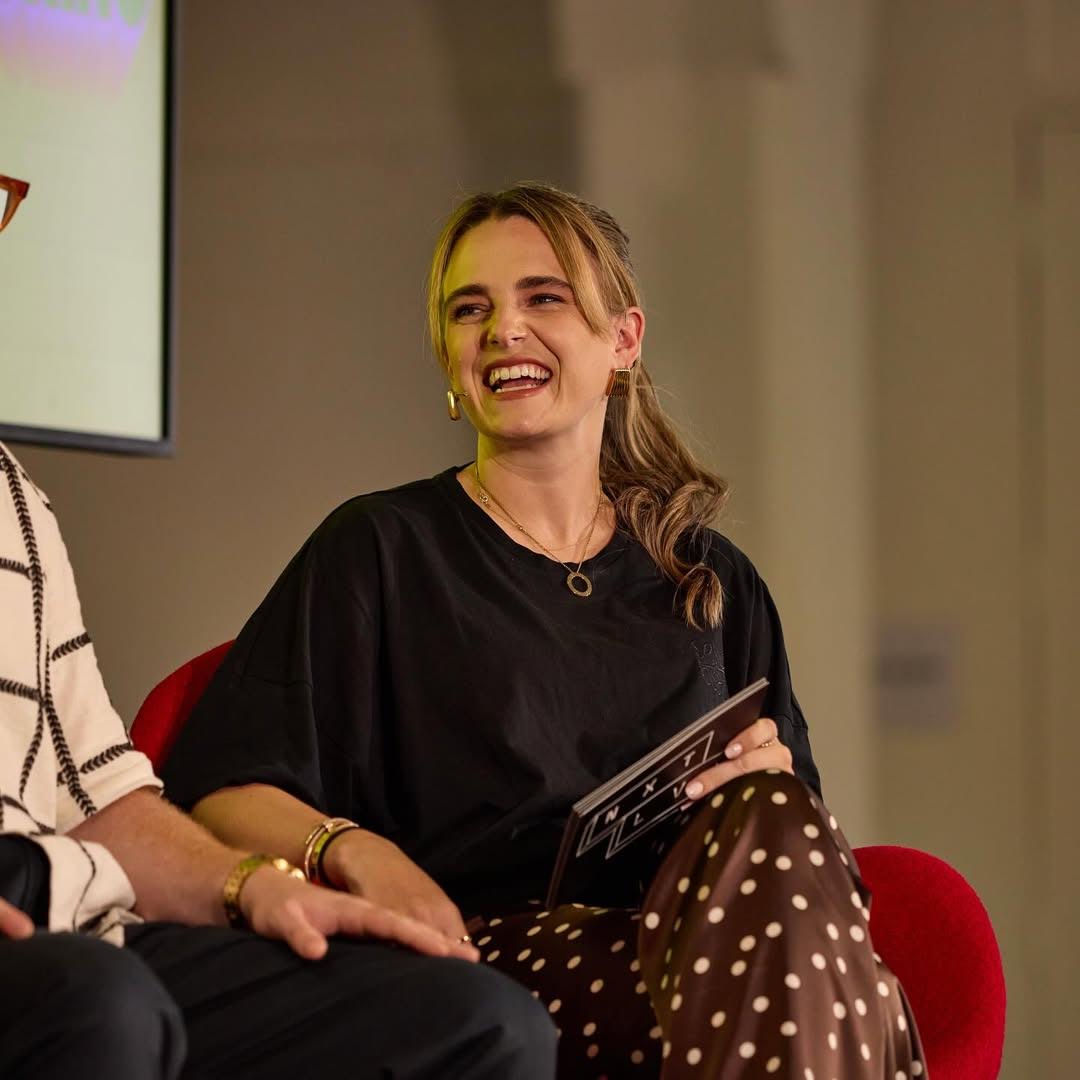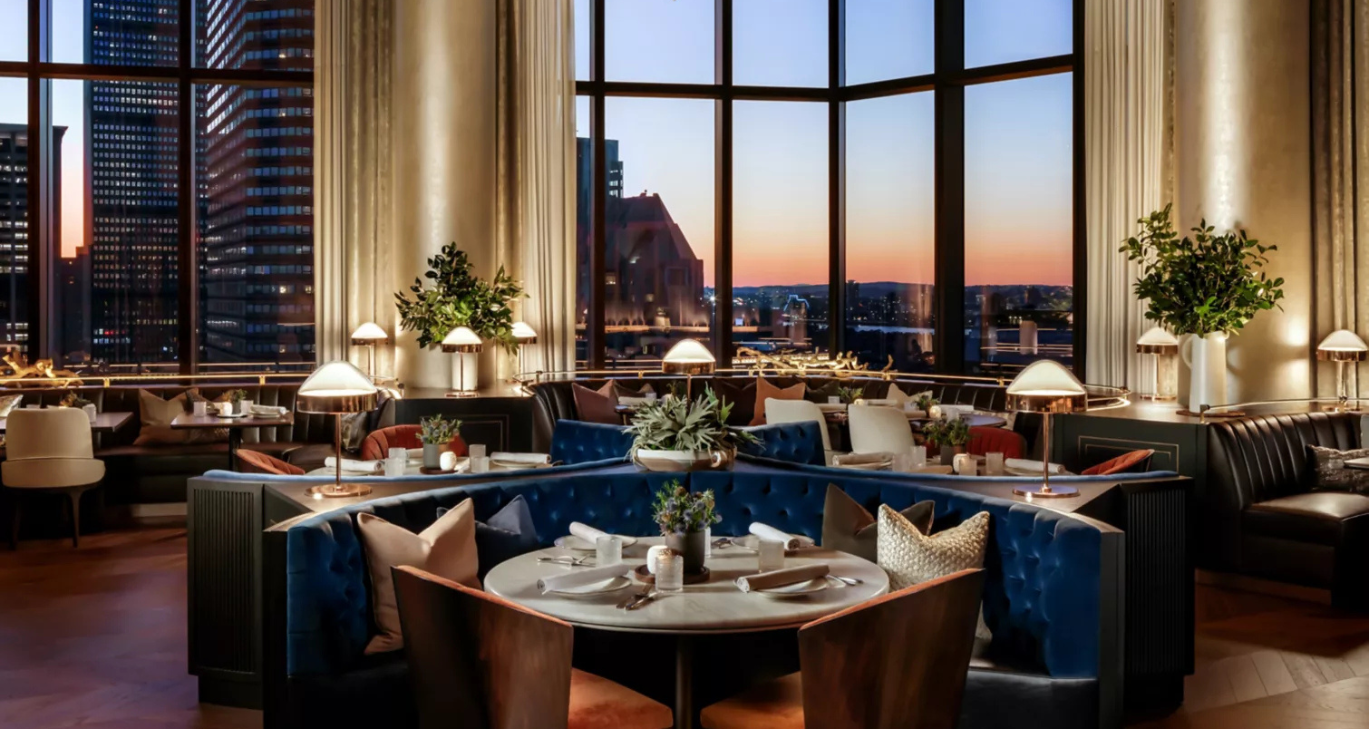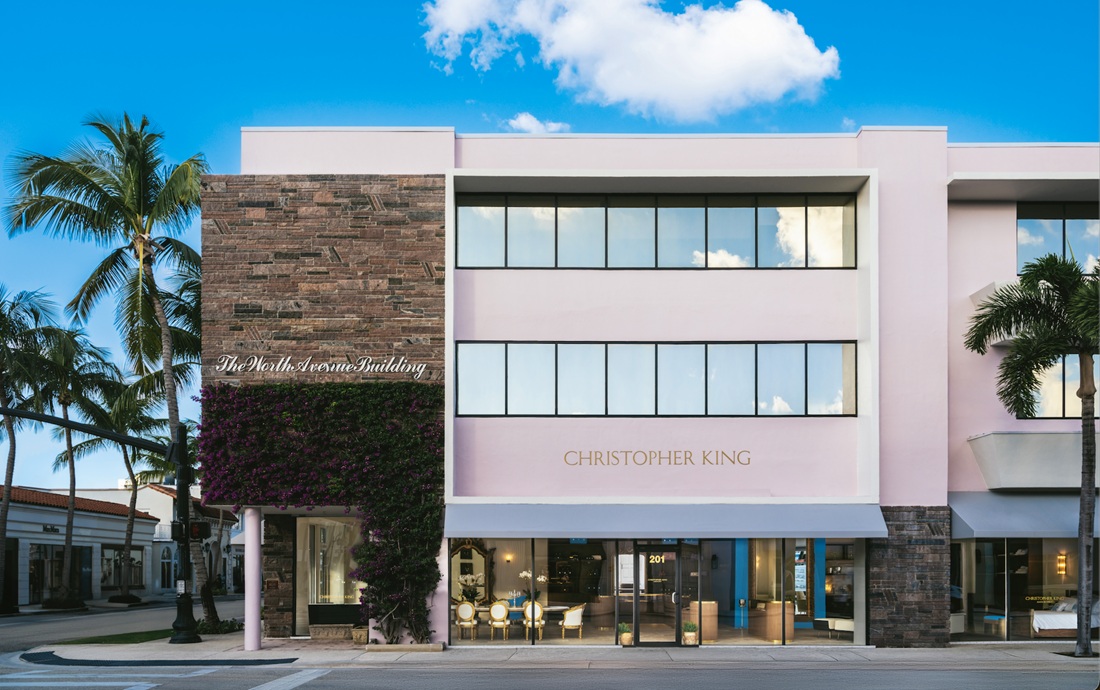The RealReal’s Founder Julie Wainwright Is The Real Deal

Photo Credit: The RealReal
No one understands the ups and downs of life quite like Julie Wainwright. The 61-year old CEO and founder of The RealReal, a luxury e-commerce consignment boutique, is currently riding a high. Business is booming: By creating an entirely new market—that of lightly worn, used, high-end clothing and accessories—her seven-year-old company is disrupting the world of designer fashion as we know it. The pieces are priced at the highest market value rate allowing consignors to make the most bang for their buck. Savvy shoppers use The RealReal as a tool that informs their expensive purchases.
“We’ve noticed that the luxury consumer mindset has changed,” Wainwright told Haute Living. “We’re seeing that consumers shopping retail want to know the resale value of designers and items before they make a purchase so that they can make the most when consigning with us.” A smart socialite is more likely to make new purchases—a trendy Gucci velvet handbag or classic Chanel tweed coat—knowing that she can easily resell it on The RealReal and make 80% of the price back. “Our job is to educate the consignor on what brands hold resale value and what does not (which can shift from season-to-season or year-to-year), so they are informed when shopping brands in the primary market,” Wainwright says. “It’s the new luxury life cycle.”
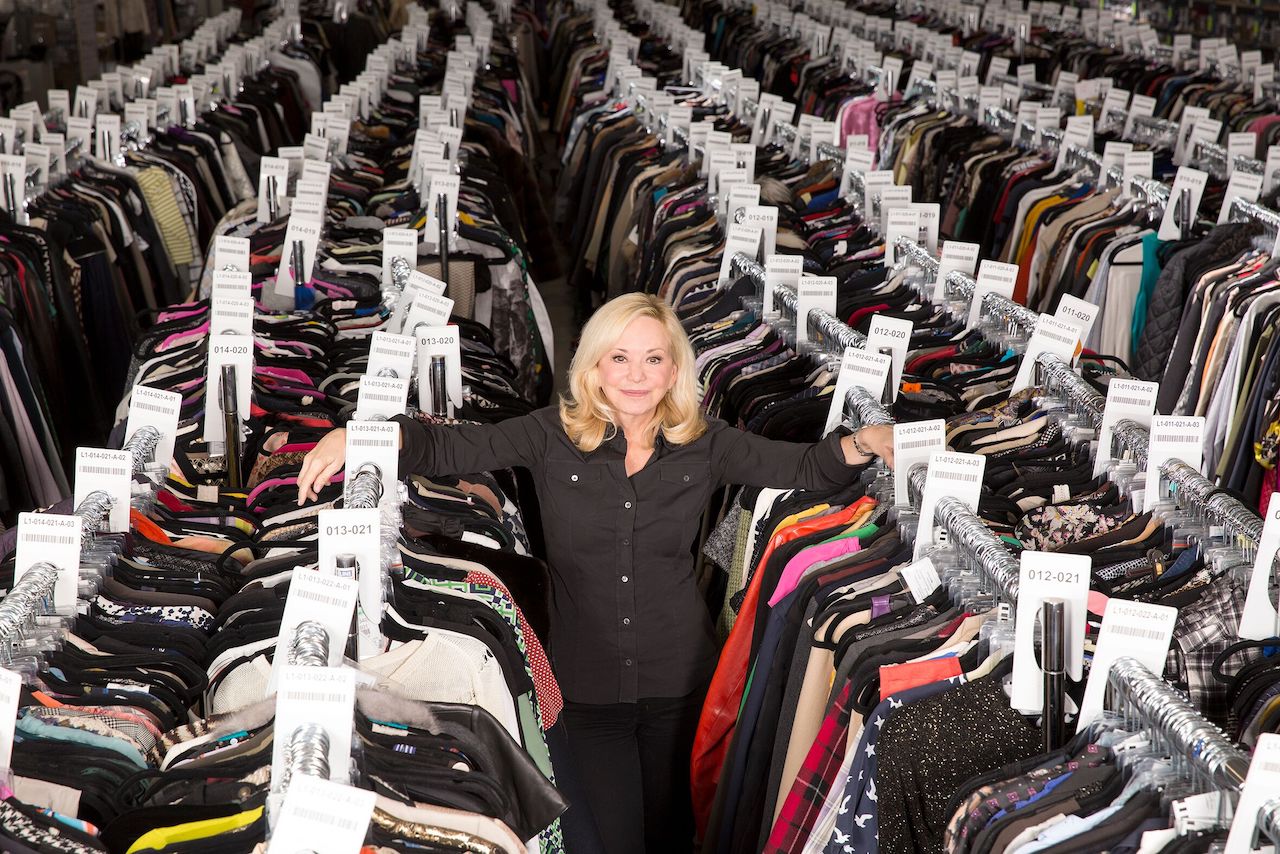
Photo Credit: The RealReal
While she’s changing the landscape of fashion today and receiving accolades like being named to Vanity Fair’s New Establishment List and Forbes 40 Over 40 (both in 2017), Wainwright’s life hasn’t always been a bowl full of Van Cleef diamonds. Wainwright grew up in South Bend, Indiana where she was raised by artist parents. “I was surrounded by beautiful design and with an appreciation for it,” Wainwright says. “That certainly translates over to fashion–I appreciate well-made, beautifully designed goods.”
She attended Purdue University where she studied profit and loss management. “The best companies at the time for that type of experience were packaged goods companies. I joined Clorox right out of Purdue. After three years there, and seeing few women in management positions outside of human resources, I joined a tech start-up–taking my first of many risks. This allowed me more opportunities, and at the time, technology start-ups were more of a meritocracy. I also was open to big opportunities along the way. Before I was 27 years old, I was living in London and setting up international sales for Software Publishing Corporation as part of a two-person team.”
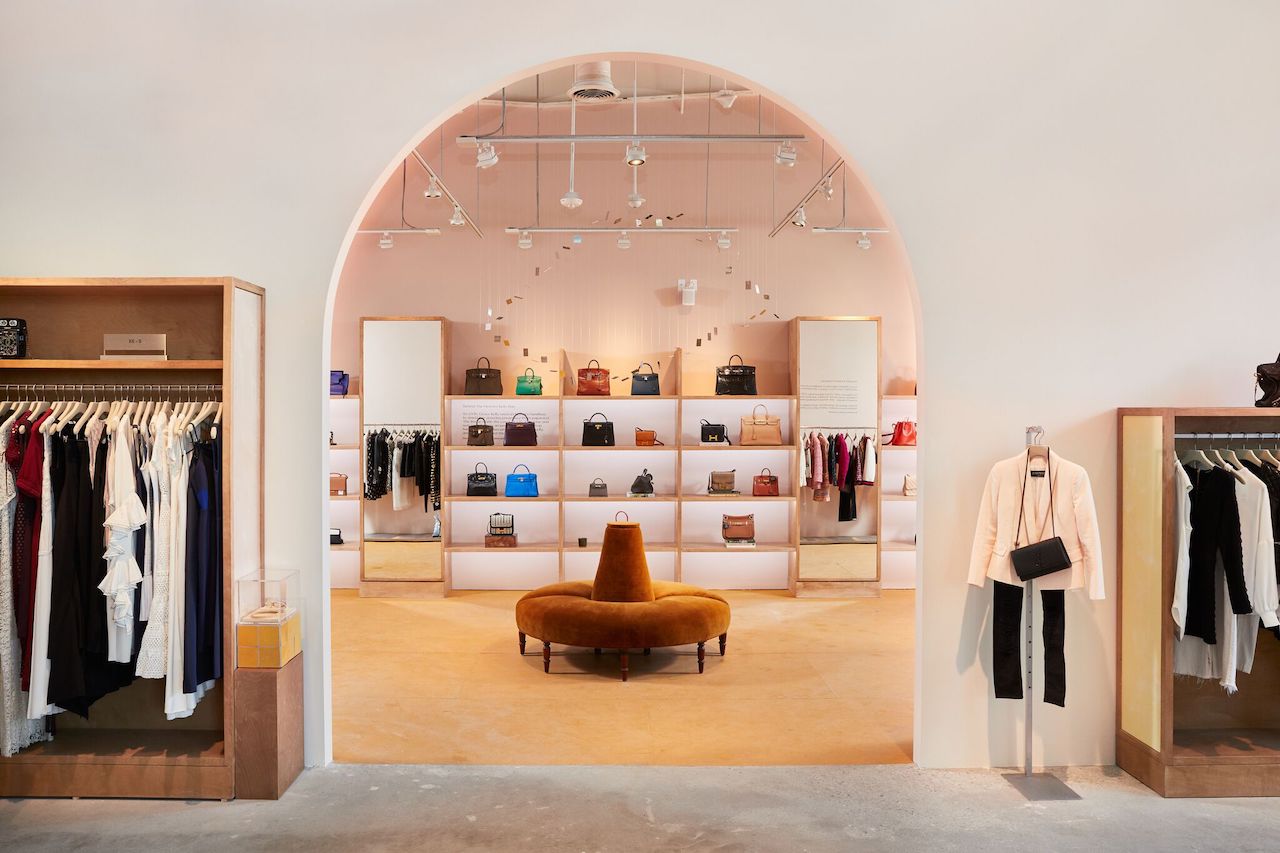
Photo Credit: The RealReal
In the 39 years she’s been working, Wainwright has been employed by 11 different companies. While that type of job mobility is encouraged now, when Wainwright was younger, women didn’t move around as much. However, her breadth of professional experience is one of the reasons Wainwright is such an exceptional entrepreneur. She’s seen and done it all—including running seven different (eight if you count The RealReal) companies as CEO.
Her most notable CEO role was a two-year stint, from 1999 to 2001, at Pets.com. A website that was before its time, Pets.com sold cat litter, cans of dog food, and other items related to raising household pets. However, the company’s funding dried up, and just two years after it was started, Pets.com shut down, a casualty of the dot-com crash. Many publications regarded it as the biggest flop of the bubble bursting and blamed Wainwright for its demise. To make matters worse, at the same time as Pets.com’s collapse, Wainwright’s husband filed for divorce.
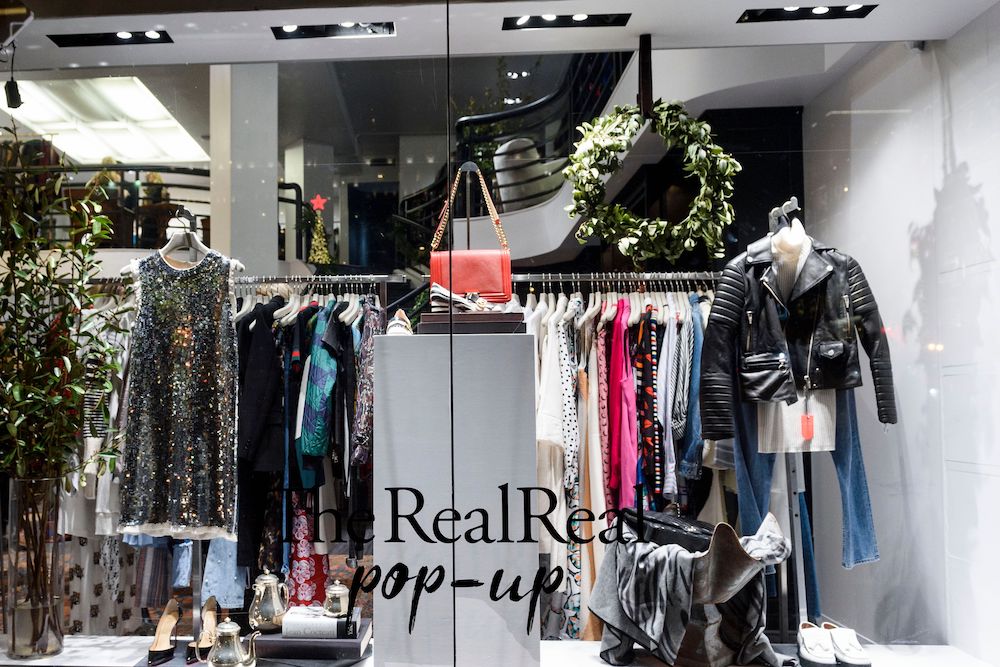
Photo Credit: Drew Altizer
Seventeen years have passed, and Wainwright looks back on that time as a learning experience. “You cannot be afraid of failure–that fear will prevent you from taking risks required to move forward,” she says. “The media didn’t hold back when it came to Pets.com failing; however, failing so publicly freed me from worrying about failing again–it pushed me to take greater risks, and it forced me to think outside of myself. Part of that was realizing that if I wanted to have my dream job, I would have to create it, and that’s what I did with The RealReal.”
Her “Aha!” moment came in December of 2010. “I was out shopping with a girlfriend: my friend purchased items from a consignment rack in the back of an upscale boutique. I never knew her to shop consignment or buy from online resale websites,” she reminisces. “When I asked my friend why, she said she trusted the shop owner. The shop was beautifully curated, and she was getting amazing deals on luxury designers she loved like Chanel, Louis Vuitton, and Gucci. It changed my perception of consignment.”
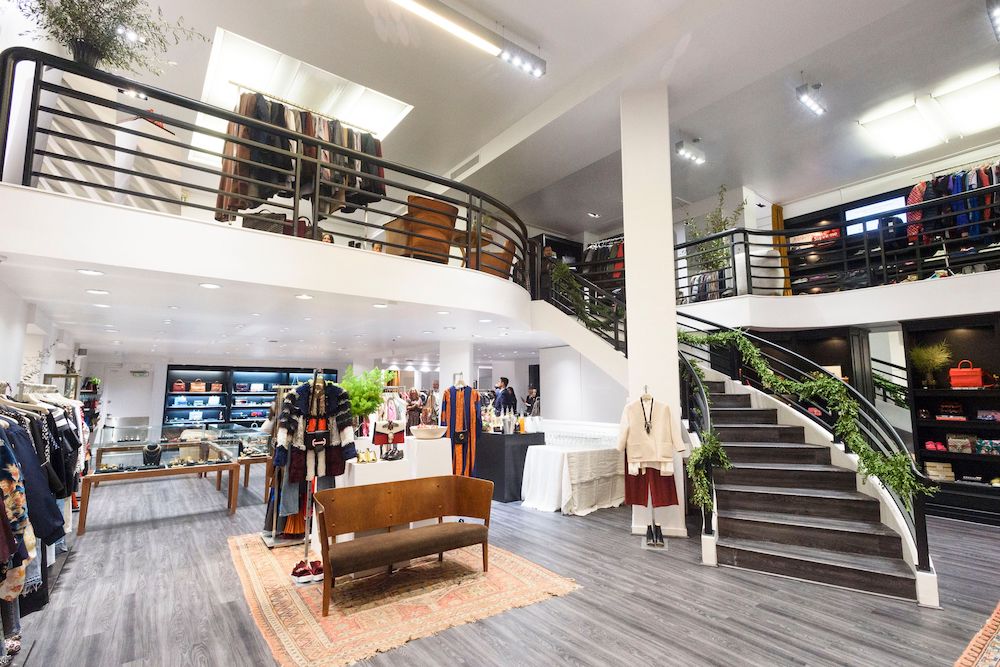
Photo Credit: Drew Altizer
Once the wheels started turning, Wainwright’s natural entrepreneurial spirit took over. “The lightbulb went off, and I did extensive research of the luxury and resale markets, and even tested resale methods myself,” she says. “There was a massive market opportunity to create a beautiful shopping experience, preserve the romance of luxury brands, ensure authenticity and remove barriers to consignment–not to mention the business model would be impervious to the likes of Amazon.”
One of the things that she’s built The RealReal on is authentication. Scroll to the bottom of The RealReal’s website and the second item listed, below ‘contact us,’ is ‘authenticity.’ Wainwright has a team of expert brand authenticators, people who know how to spot a fake Hermès handbag from a real one. The RealReal also employs gemologists, horologists, and art curators. Every product is put through a rigorous background check, that’s multi-point and brand-specific before it’s accepted for consignment.
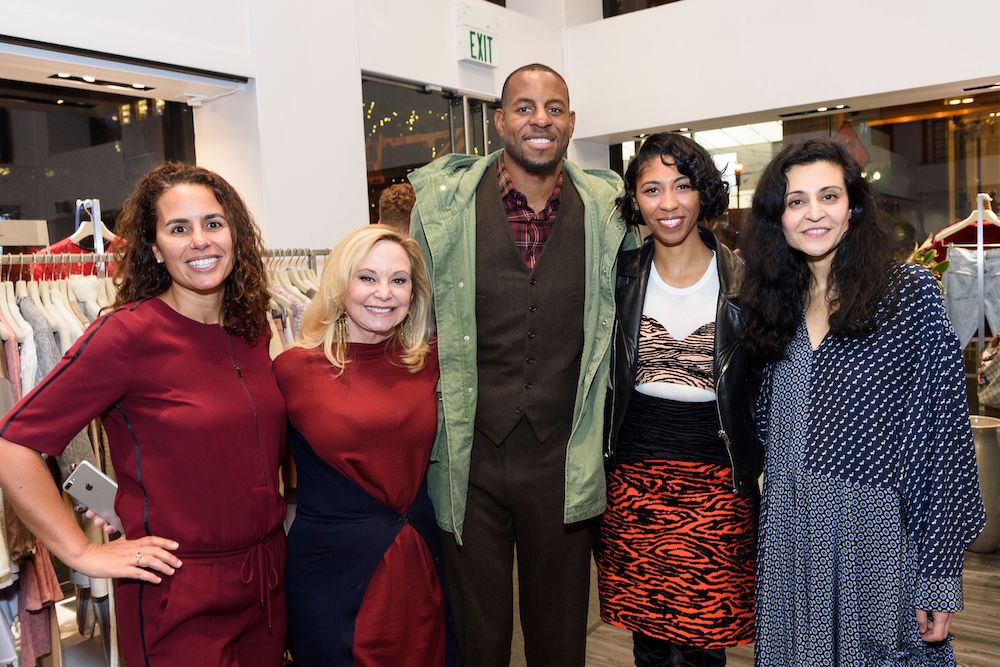
Photo Credit: Drew Altizer
“Authentication is extremely important—it’s who we are. The RealReal is unique in that it’s rooted in authentication, trust, and expertise. Every customer can trust that the item they purchase is authentic,” she says. “We also have experts who are providing valuable information about resale value and trends. Matching the luxury experience of the brands with the customer experience is also a differentiator. Through our rigorous authentication process, our photography, and our curation of items into daily sales we are presenting product–whether online or in store–in a way that preserves and communicates its integrity, beauty and, of course, luxe.”
If you’re scratching your head at Wainwright’s mention of “in store,” allow me to explain. After such success online, Wainwright couldn’t help but wonder how the consignment concept would translate to a retail experience, so last holiday season, she experimented with the company’s first brick and mortar. Although it was only a pop-up in San Francisco’s Union Square, it was a hit.
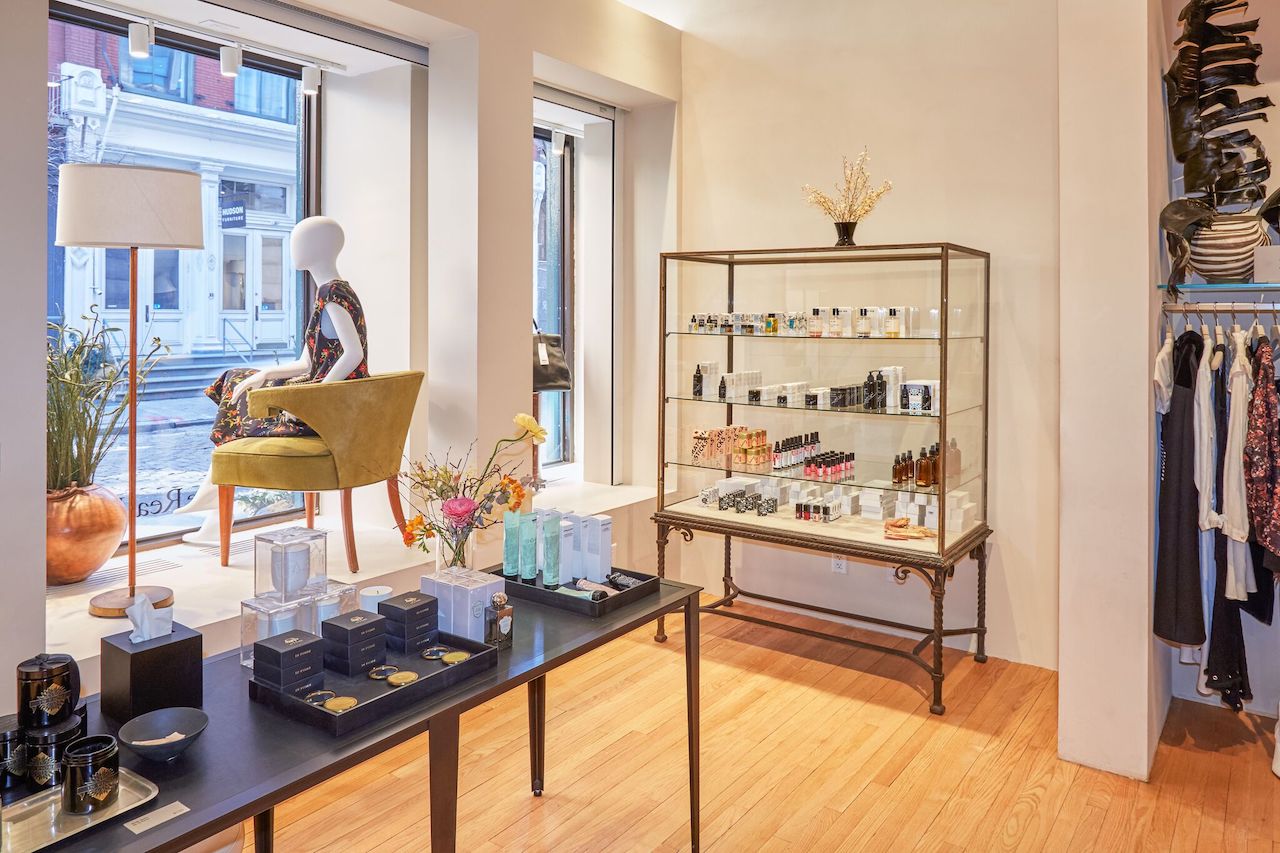
Photo Credit: The RealReal
“San Francisco was a great market for our pop-up–it’s our hometown, it’s logistically easier as it’s close to one of our warehouses (located in Brisbane). We already had a big consumer and consignor base here, and there was a lot of ask and interest with our base already,” Wainwright explains. “Additionally, brick and mortar give us an opportunity to engage with both our consignors and customers. They have an opportunity to experience the brand and see the amazing quality of our products.”
Earlier this year, The RealReal opened storefronts in their two biggest markets, one in Los Angeles and the other in New York. “Opening storefronts has been incredibly valuable to our growth. They provide another touchpoint for consumers to consign and shop with us. The stores have been an excellent way to introduce luxury consignment to those who aren’t quite comfortable shopping online for more high-value items,” she says. With sales on the uptick, The RealReal has plans to debut additional boutiques in undisclosed locations in 2019.
 Photo Credit: The RealReal
Photo Credit: The RealReal
Also on the agenda for the New Year? To continue to educate both consumers and consignors. This past holiday season, The RealReal released a market report that provided insight on the current state of fashion with unique data illustrating shifts in consumer behavior and the longevity of certain brands.
“The top five selling brands on The RealReal for clothing, shoes, and bags are (in order) Chanel, Hermès, Louis Vuitton, Gucci, and Prada. Although Gucci is fourth in top sales, Gucci is now the most searched designer, displacing Chanel and Louis Vuitton for the first time. We see most of the demand growth coming from gen Z and millennial customers. Additionally, with Hedi Slimane’s recent Celine debut, we have seen a steady growth in search for Phoebe Philo era Celine, with resale value rising across the board for all Celine items, and growth in iconic ready-to-wear pieces.”
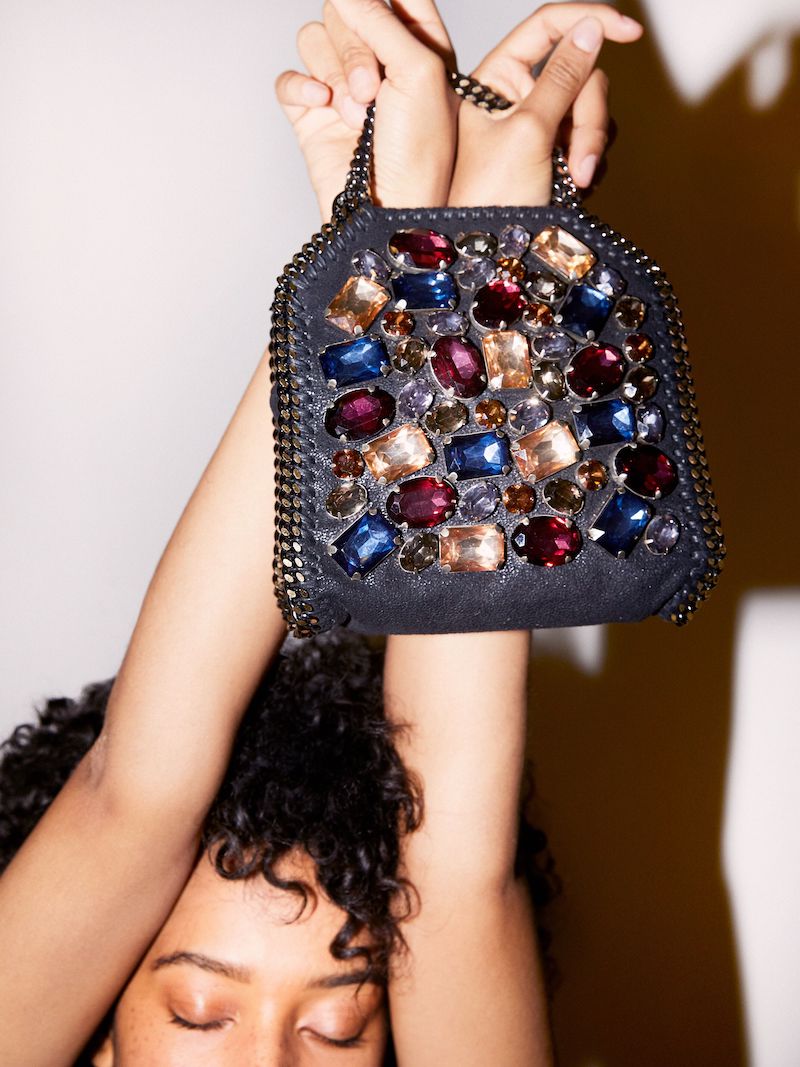
Photo Credit: The RealReal
The designers are taking notice of Wainwright’s little fashion startup, and The RealReal recently announced a partnership with Stella McCartney that encourages consumers to participate in a circular economy through consignment. Stella shoppers who sell an item on The RealReal receive an immediate $100 credit to Stella retail stores and McCartney’s website. This partnership keeps Stella clothing and handbags out of landfills, motivates fans of the brand to resell their items, and demonstrates how The RealReal is poised to disrupt the fashion industry further.
Providing beautiful goods to the consumer and outstanding service to the consignor is what has ultimately made The RealReal a success. “We have created a seamless consignor experience handling everything for the customer—we’re making sure consignors get the best return, we’re transparent about the process and pricing, and we’re making it easy with in-home pickups, physical locations for drop-offs, and the option to send items to us,” Wainwright says. Wainwright is playing her cards right and hopes The RealReal is in it for the long haul. Her ultimate end goal? “To make sure the business model is impervious to Amazon.”


